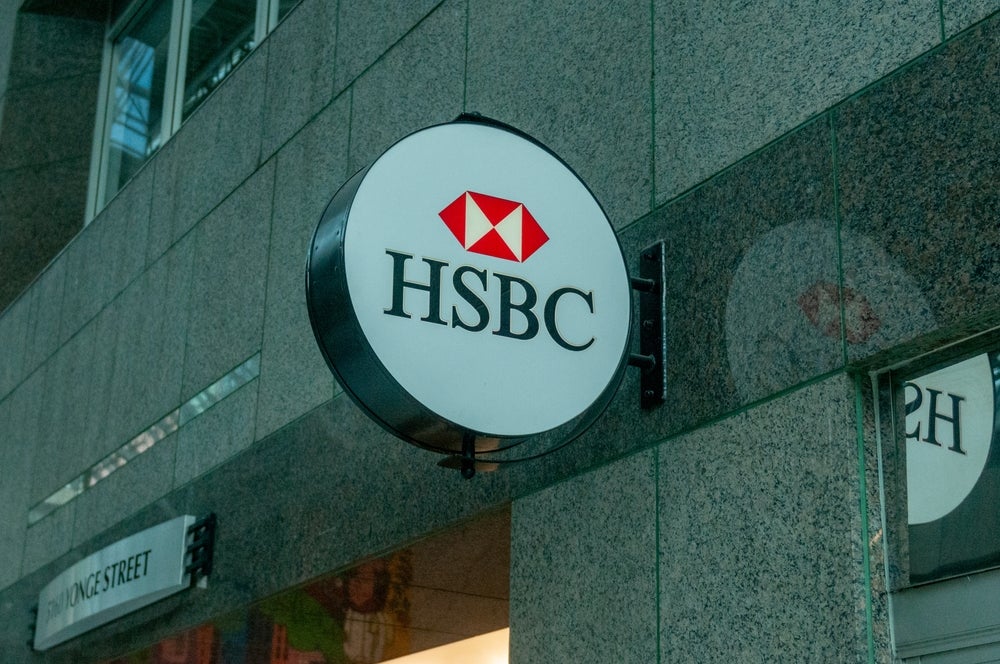
As the Revised Payment Service Directive (PSD2) is implemented, banks’ monopoly on customer account details and payment services will disappear, opening the door to new companies, writes MotoNovo’s Adam Mepham.
By 13 January 2018, EU member states will have to implement PSD2 into national regulations.
In short, PSD2 enables bank customers, both consumers and businesses, to use third-party providers to manage their finances. In the near future you may be using Facebook or Google to pay your bills, or make P2P transfers or analyse your spending while still having money safely in your current bank account. Banks are obliged to provide third-party providers access to customers’ accounts through open application program interfaces (APIs), enabling third parties to build financial services on top of bank data and infrastructure.
Banks will no longer only compete against banks, but everyone offering financial services. PSD2 will fundamentally change the payments value chain, what business models are profitable, and customer expectations.
Through the directive, the European Commission aims to improve innovation, reinforce consumer protection and improve internet payment security and account access in the EU and EEA. It also introduces two new players to the financial landscape: Account Information Service Providers (AISPs) and Payment Initiation Service Providers (PISPs). AISPs are the service providers with access to bank customers’ account information. Such services could analyse a user’s spending behaviour or aggregate a user’s account information from several banks into one overview. PISPs are the service providers initiating a payment on behalf of the user. P2P transfers and bill payments are PISP services we are likely to see when PSD2 is implemented.
PSD2 poses substantial economic challenges for banks. IT costs are expected to rise due to new security requirements and the opening of APIs. In addition, 9% of retail payments revenues are predicted to be lost to PISP services by 2020. And, as non-banks take over customer interaction, banks may find it increasingly difficult to differentiate themselves in the loan market – this in addition to changed customer expectation and increased digitalisation.
How well do you really know your competitors?
Access the most comprehensive Company Profiles on the market, powered by GlobalData. Save hours of research. Gain competitive edge.

Thank you!
Your download email will arrive shortly
Not ready to buy yet? Download a free sample
We are confident about the unique quality of our Company Profiles. However, we want you to make the most beneficial decision for your business, so we offer a free sample that you can download by submitting the below form
By GlobalDataI see the ripple impact across financial services. Facebook, Google, Apple and Microsoft – brands that know you – will be able to promote financial services that match lifestyles with a level of data modelling that finance companies and car makers can only dream of. PSD2 is not only a regulatory compliance and technology challenge, but also a strategic and operational one that affects all financial services.
Most people do not care about APIs and platforms. They care about the jobs to be done and what they need from their bank to help them achieve this. They want visibility on short-term spending, month-to-month bills and longer-term investment goals, and help with key lifestyle spending such as mortgages and car finance – and that is without even touching on business owners. Open banking initiatives will free data and payment capability to allow new entrants and forward-thinking incumbents to tackle these problems in new ways.
Will customers care about this? In January 2018, when the directive comes into place, the mainstream financial services customer will probably notice very little indeed. However, by January 2019, a very different set of financial services ecosystems will have started to form. They may take a while to shape, settle and populate, but change will be afoot. A new breed of competition should see a wholesale improvement in services offered and available to customers from all walks of life. That is why so many are excited or threatened about this change, as customers will get better products and services.
An Equifax study says customers do not want to share their banking data. However, customers have become used to sharing personal data through Facebook or Twitter. The linking of transaction data to third-party services will not differ wildly from those that have gone before. However, people will not have previously seen this from banks or financial institutions. How the digital interfaces of the future ask users for data will be important to creating this shift in behaviour.
Companies like BUD in the UK are hoping they can provide services more akin to a private banker for the masses, bringing their finances together in one place – not only current accounts and savings, but all other aspects of finances. The real-time data from current accounts is likely to start the trend for open data access to other financial products.
The open banking measures do not yet cover everything. Credit cards, loans, savings and investments are not bound by PSD2 and are therefore unlikely to feature immediately. Will this limit fintechs’ ability to deliver enough information when holding banks may actually have more? Or will smart companies open up when they see products they need to become relevant in the new world? We wait to find out.
PSD2 also offers potential enhancement to comparison engines. These are heavily used by mainstream customers – think MoneySuperMarket or comparethemarket. Whether customers will be willing to hand over more data to allow more targeted deals remains to be seen. Again, it will be in the service design to ensure a simple and smooth handover process, and a clear articulation of benefits to the consumer.
The Competition and Markets Authority’s involvement in PSD2 will mean a much greater focus on helping people compare banking products and services, fed by open data. The banks have fought commoditisation for years to avoid this, as they are at pains to tell the world how different they all are and do not want to be compared on something so unimportant as price! This change can only be of benefit to the average consumer.







